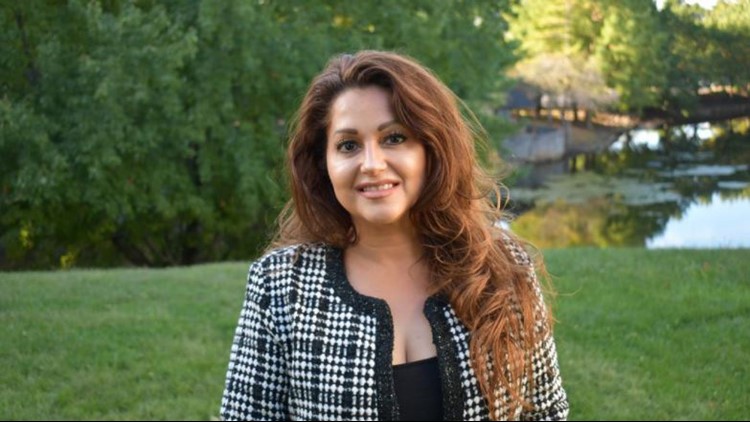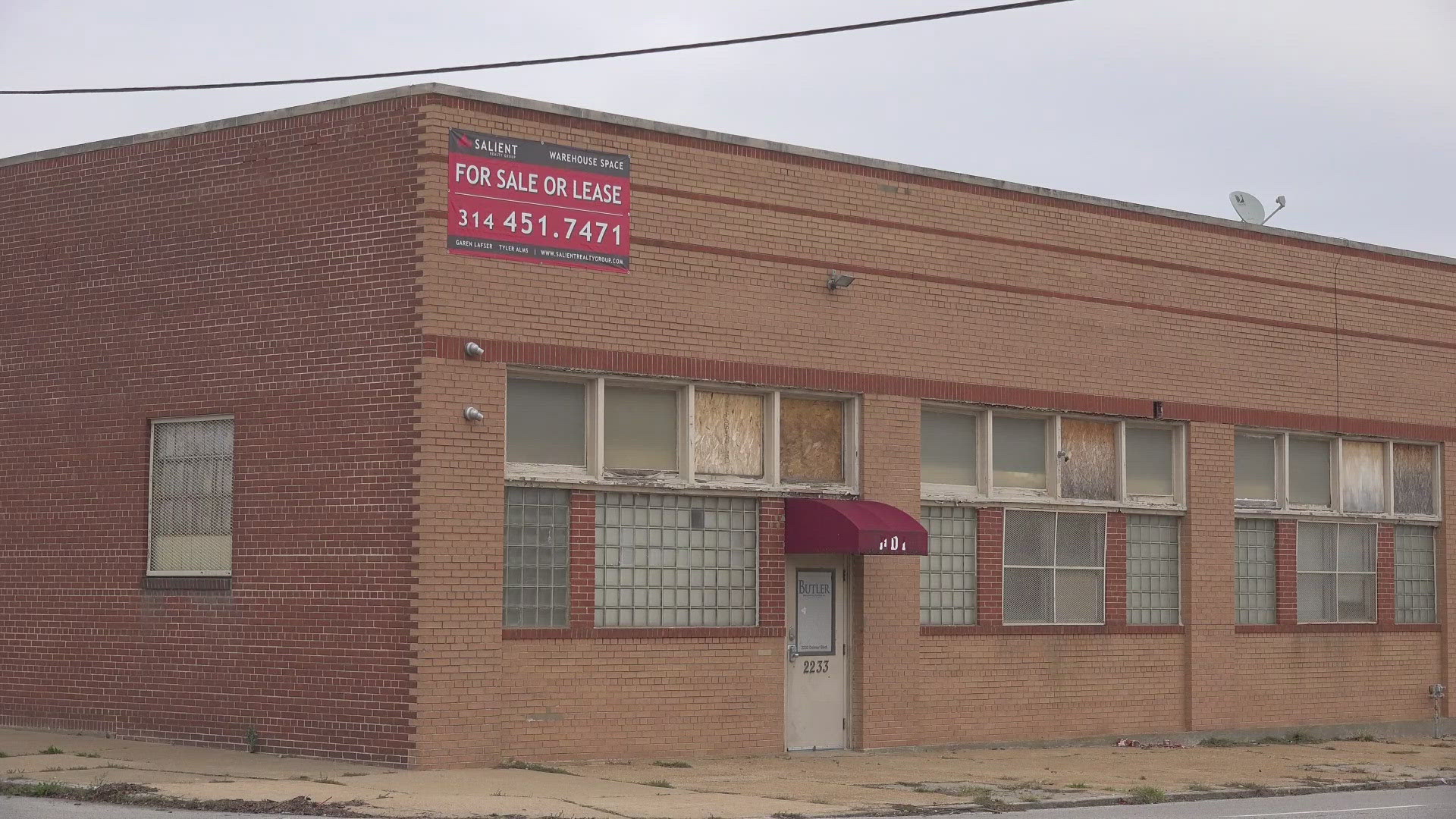ST. LOUIS — In March, with the COVID-19 pandemic just starting, Lourdes Treviño Bailon noticed a gap in language access for the St. Louis Spanish-speaking community. She knew the importance of letting her community know that the virus was here and not just in other states and cities.
Since then, Treviño Bailon has been leading the charge and providing language translations through an organization she co-founded with Gabriela Ramirez-Arellano called STLJuntos.
"All the information we share is provided in Spanish as we are working on filling the language gap to give our Spanish-speaking community equal opportunities to access resources and information in our region," she said.
Treviño Bailon is doing this by managing the organization's website and social media platforms to ensure that the group is sharing consistent and verified content in Spanish about the pandemic, including information about appropriate health and mental health resources.
At the same time, Treviño Bailon began to see food insecurities rise in the community. She partnered with Appetite 4 Humanity and several other small businesses and churches to provide meals to local children and families.
This summer, Treviño Bailon helped provide more than 60,000 meals to children and an additional 385 families. The second phase of the food distribution program started in September and has already provided more than 14,000 meals, as well as 20,000 masks, over 300 books and served more than 30 families in need of diapers.
You've recently taken action to address an issue in your community. What prompted you to do so? Being born to Spanish-speaking parents and Spanish being my first language, language access has always been important to me. My parents have needed interpreters all our lives. Knowing the tremendous amounts of resources and information being offered and knowing some could not access due to a language barrier is difficult to turn away from during these times. What comes to mind always is, that could have been me, my parents or my relative. If I don’t do it, who will?
What's the most rewarding part of this work? The most challenging? Being able to serve an underserved community and knowing that my work is making a difference in their lives brings me gratification. Their support helps push me to continue to be there for them when it feels that I am at it alone. The most challenging situations have been not being able to get our community the resources they need. Knowing that our underserved community is encountering hurdles when we send them off with knowledge of resources, hearing that they get to organizations offering the resources only to find that they could not get the help they needed either because they did not qualify or had a language barrier that prevented them from moving forward. It has been challenging for us to get funds for resources, often we are told that another organization is already offering a program only to find that our community is still underserved. Our community has a multitude of hurdles, they either do not have the ability to get to the specific organization or when they do, the organization or business does not have proper interpreters for them, or they simply do not have the relationship to feel comfortable to go there. Community outreach and earning that trust is critical for our community and it takes way more than just having funds or resources. Due to the times we are facing, many organizations have limited resources and can only help their current clients, leaving all those who have been faced with having to look for help only because of these times out in the dark.
Have you always been someone who rises to the occasion? And who or what in your life inspired you to take on challenges? I have been involved in the community and have always looked for places where I could make a difference, but never to this extent. When the pandemic began to hit our back doors, my friend and co-founder, Gabriela Ramirez-Arellano, reached out to see how my family was doing. After a conversation with her about our concern that our community was not getting much local information in their language, we decided to spring into action when we realized it could be us who could take that lead during a time when it seemed that most organizations that normally do outreach to the Spanish speaking community were stepping back to modify their business operations.
Click here for the full story.



